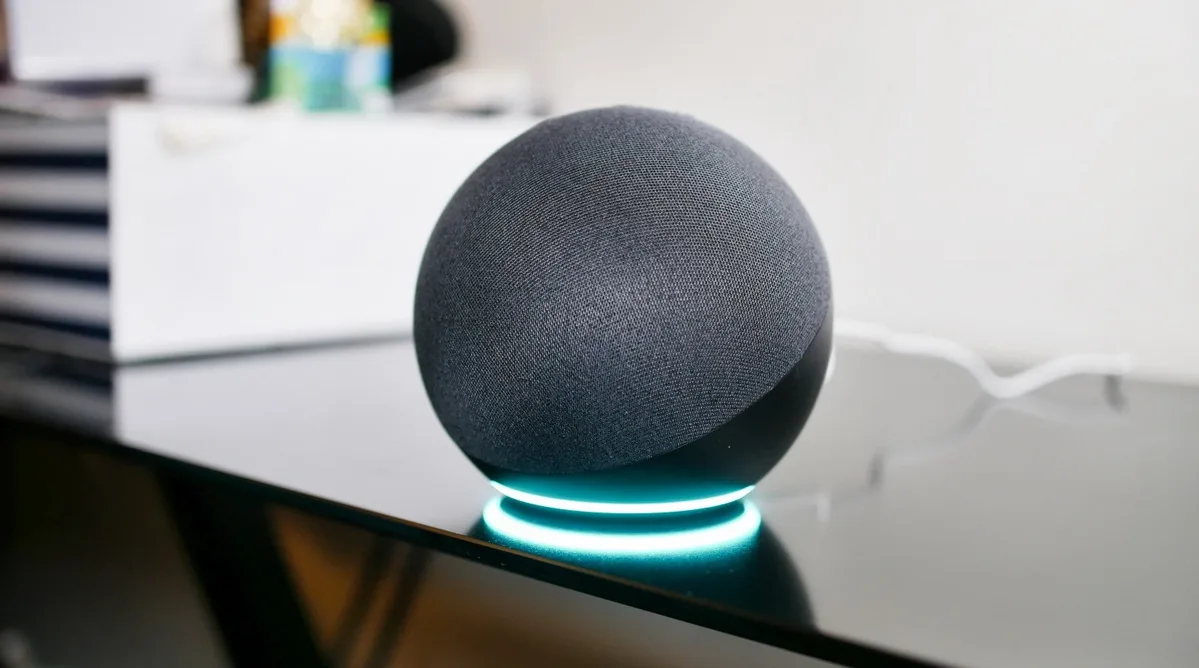Effective March 28, 2025, Amazon is going to kill the Do Not Send Voice Recordings option setting Echo devices to process Alexa requests locally to avoid sending voice recordings to Amazon Cloud.
In its email to customers, Amazon states: “As we continue to expand Alexa’s capabilities with generative AI features that rely on the processing power of Amazon’s secure cloud, we have decided to no longer support this feature.”
It must be noted that this feature was supported only by three devices (Echo (4th Gen), Echo Show 15, and Echo Show 10) and only worked for U.S. users whose devices were set to English. According to Amazon, less than 0.03% of Echo owners actually use this option.
On March 28, customers using the “Do Not Send Voice Recordings” feature will be automatically switched to “Don’t Save Recordings”. However, it won’t be possible to create voice IDs for individual users “to access more personalized features.”
According to Amazon, the purpose of Alexa is to protect customers’ privacy and keep their data safe, and that won’t change. But since March 28, everything you say to your Echo will be transmitted to Amazon. Welcome to the brave new world!
